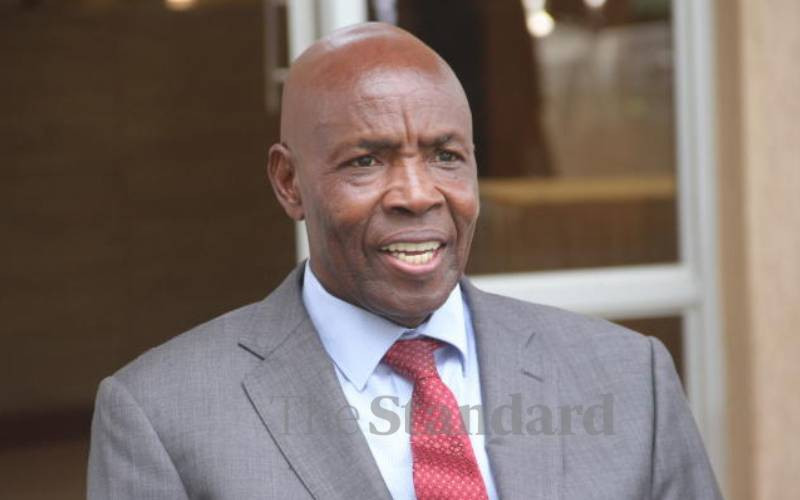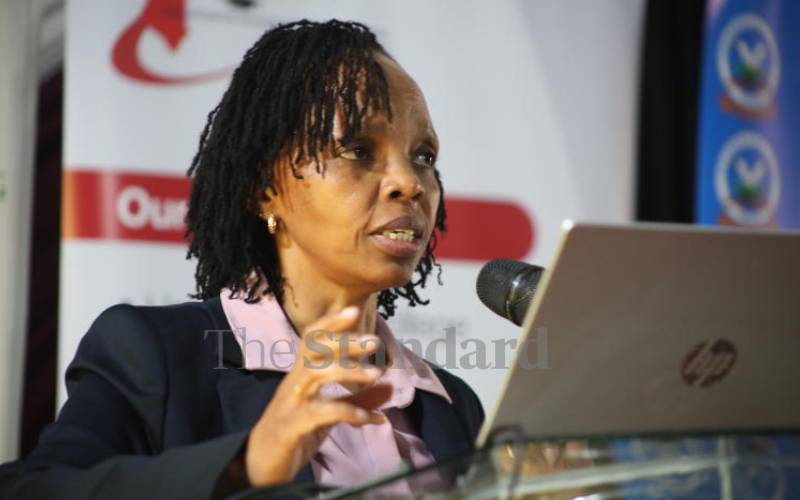The Jubilee administration recently built an online portal to showcase its achievements over the last four years. The portal was met with mixed reactions, much of it along party lines. Those that lean towards Jubilee supported the move, and sought to amplify the President's claim that he has had a successful term in office.
Non-Jubilee sympathisers were less sanguine, and saw it as yet another instance of the government wasting resources on a public relations exercise not backed by fact. Yet another group, like yours truly, had positive and negative reactions.
First the positive. It says a lot about how far we have come as a country, that the President is forced to account for his time in office. This is an important norm that we should cultivate. As a political scientist, I am well aware of how fragile political accountability – that is predicated on occasional elections – can be.
Merely having elections is not a sufficient condition to generate electoral accountability. The threat of losing office must be accompanied by social norms rooted in a political culture of accountability. It is this political culture of accountability that will ensure that our politicians stick to delivering their campaign promises throughout their time in office.
I took time to look at the portal, and found a few things worth some praise. The biggest achievement that caught my eye was the national electrification programme. The other impressive feat was the issuance of over 2.4 million title deeds.
I also found several negatives. First, the presentation seems ad hoc, and therefore looks too much like a PR exercise. This is on the President's staff. If they want to be taken seriously, they should do their homework and present us with facts that add up.
What exactly is the total number of households that have been connected to the grid? What exactly is the total length of roads (in kilometres) that have been constructed since 2013? In what ways has the government intervened to improve healthcare? And how are these figures and interventions distributed across the country? It is also surprising how inaccessible the portal is.
Second, the focus on 12 allegedly flagship projects is disingenuous, reinforcing the idea that this is a PR exercise. Majority of the tabs lack any meaningful achievement. The tab on education, for example, focuses on "infrastructure support" and technical and vocational training. While noble, are these the real challenges facing the education sector? The same applies to agriculture and food security. In the same vein, why highlight the bone-headed laptop per child policy?
In sum, while the idea of the delivery portal is great, the execution and content did not meet my expectations. And this, the perception that Jubilee is all talk and no action, is a problem that will stalk Uhuru Kenyatta throughout this election cycle.
The writer is an Assistant Professor at Georgetown University. Twitter: @kopalo
 The Standard Group Plc is a
multi-media organization with investments in media platforms spanning newspaper
print operations, television, radio broadcasting, digital and online services. The
Standard Group is recognized as a leading multi-media house in Kenya with a key
influence in matters of national and international interest.
The Standard Group Plc is a
multi-media organization with investments in media platforms spanning newspaper
print operations, television, radio broadcasting, digital and online services. The
Standard Group is recognized as a leading multi-media house in Kenya with a key
influence in matters of national and international interest.
 The Standard Group Plc is a
multi-media organization with investments in media platforms spanning newspaper
print operations, television, radio broadcasting, digital and online services. The
Standard Group is recognized as a leading multi-media house in Kenya with a key
influence in matters of national and international interest.
The Standard Group Plc is a
multi-media organization with investments in media platforms spanning newspaper
print operations, television, radio broadcasting, digital and online services. The
Standard Group is recognized as a leading multi-media house in Kenya with a key
influence in matters of national and international interest.









